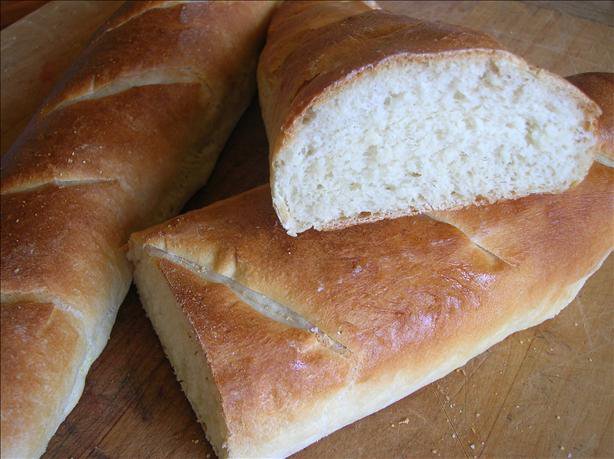Unique in every way and a melting pot of cultures and food, like the tastiest gumbo you might try, New Orleans and Louisiana owe their very existence to the mixture of French, Spanish, Cajun, and Creole history in the region—history and culture that has now spanned centuries and, with it, brought plenty of folklore and tall tales, beliefs and superstitions.
Some of those traditions and superstitions have a distinct flavor of their own, so let's take a nibble of a few that you might not be aware of, for tasting the next time you're here and fancy a bite to eat.
Hoppin' John on New Year's Day

IMAGE SOURCE: @almanac via Twitter
Many locations around the world have their very own superstitions linked to the arrival of a new year, often involving foods which are said to bring good fortune to those doing the eating. In Spain and some Latin American countries, gobbling down 12 grapes, one for each chime at midnight, is said to bestow luck for each of the 12 months to come. Fine dining is part of the French tradition, including foie gras, smoked salmon, oysters, and champagne for "Le Réveillon de Saint-Sylvestre," the celebration of their patron saint of the New Year.
The Southern states, as well as New Orleans, are no different when it comes to culinary customs and superstitions surrounding New Year celebrations. Perhaps the best known, and one that features in the Global Luck Index at Betway, is boiling up a pot of "Hoppin' John" for guests to enjoy on New Year's Day. "Eat poor that day; eat rich the rest of the year" is the Southern saying about this dish.
For anyone who isn't familiar with how Hoppin' John should be prepared, Louisiana Kitchen and Culture Magazine has a recipe. Although they mention that any dried beans such as cowpeas can be used, along with rice and chopped onion, traditions dating back to the 1800s usually insist on black-eyed peas being the staple ingredient, as they represent coins. Hoppin' John is usually served alongside mixed greens or collards, which represent greenbacks, and the superstition is that eating the two dishes will ensure prosperity throughout the coming year.
Mardi Gras Carnival King Cake

IMAGE SOURCE: @HeatherPownall via Twitter
Celebrated on the Tuesday before Ash Wednesday each year, Mardi Gras always packs the streets of New Orleans with tourists and locals alike. One of the most famous representations of the city and its rich mixture of cultures, Mardi Gras also involves plenty of interesting beliefs and superstitions, some of which are related to traditional foods on offer during the season.
Popular during the 12 Days of Christmas in Europe, known as the "Gâteau des Rois" in France or "Rosca de Reyes" in Spain, the king cake is typically sold in New Orleans and Louisiana during the Carnival season from Twelfth Night until Shrovetide—also known as Shrove Tuesday, or Mardi Gras and "Fat Tuesday" along the Mississippi Gulf Coast region.
Allegedly, eating king cake outside of Carnival season is bad luck because it will cause rain on Mardi Gras Day, according to local superstitions in New Orleans. However, that doesn't seem to deter local bakeries like Manny Randazzo's from selling the sweet treat outside of Carnival time, so blame them if it's pouring on Mardi Gras Day. The plastic baby often found in the cake originally represented the baby Jesus, although it is mostly regarded as being a portent of wealth and prosperity these days. There's also the caveat that whoever gets it in their slice must also buy cakes for everyone at the next Mardi Gras celebration.
Bite-Sized Superstitions

IMAGE SOURCE: @CookLime via Twitter
There's no shortage of folklore and superstition in Louisiana, mainly because there are so many cultural influences in the region. Some of the little-known beliefs relating to food are also quite amusing and, obviously, must be taken with a grain of salt. Sometimes quite literally, as in the case of the superstition that if you're at a picnic and it starts raining, pouring salt on two sticks formed into a cross will cause the rain to immediately stop.

